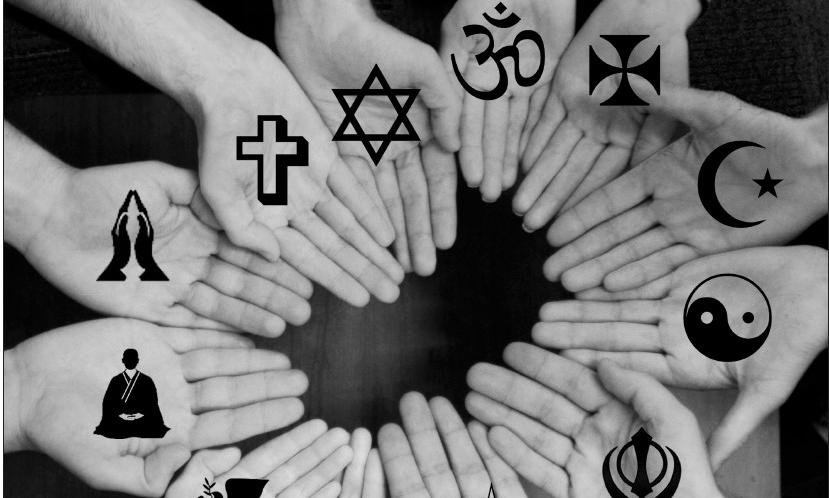
Nation's sentiment favours religious pluralism, doubt EC independence: Survey
text_fieldsDays ahead of the Lok Sabha elections, a recent survey conducted by the Centre for the Study of Developing Societies and Lokniti has revealed that the majority of the country believes in religious pluralism, in the sense that the country does not belong to a monolithic religion.
Spanning from March 28 to April 8 and encompassing 10,019 respondents across 19 states, the Pre-Poll Study 2024 has provided a panoramic view of public sentiments, while also expressing doubt about the functioning of the Election Commission and its independence from the ruling party’s influence.
A staggering 79% of respondents emphasized that India is the collective heritage of all religions, not just Hindus. This sentiment resonated particularly strongly in urban areas, with 85% in towns and 84% in cities advocating for religious inclusivity. Surprisingly, the majority of Hindus, nearly eight in every ten, echoed this stance, signifying a broad consensus across religious lines.
However, the survey also brought to light a disconcerting trend regarding public trust in the Election Commission. While in 2019, a significant 78% of respondents expressed confidence in the Commission's integrity, the latest figures reveal a notable decline, plunging to 58%.
A critical aspect fuelling this scepticism is the apprehension surrounding the manipulation of Electronic Voting Machines (EVMs), with 45% of respondents expressing concerns about potential tampering by the ruling BJP.
This erosion of faith in the Election Commission has triggered a wave of disquiet among former civil servants. In an open letter addressed to the Commission, 87 ex-bureaucrats highlighted what they perceive as a "strange diffidence" in addressing issues that impede the conduct of free and fair elections, despite possessing extensive constitutional powers to do so. The letter underscores mounting anxieties surrounding the credibility of the electoral process.
Moreover, the Opposition, particularly the Congress, has raised red flags regarding the Election Commission's responsiveness to pertinent concerns. In January, the Congress alleged that the Commission had turned a deaf ear to genuine apprehensions raised by the Opposition coalition, the Indian National Developmental Inclusive Alliance, regarding the integrity of EVMs.
As the nation braces itself for the mammoth democratic exercise, slated to unfold in seven phases from April 19 to June 1, these revelations cast a shadow of uncertainty over the electoral landscape.























